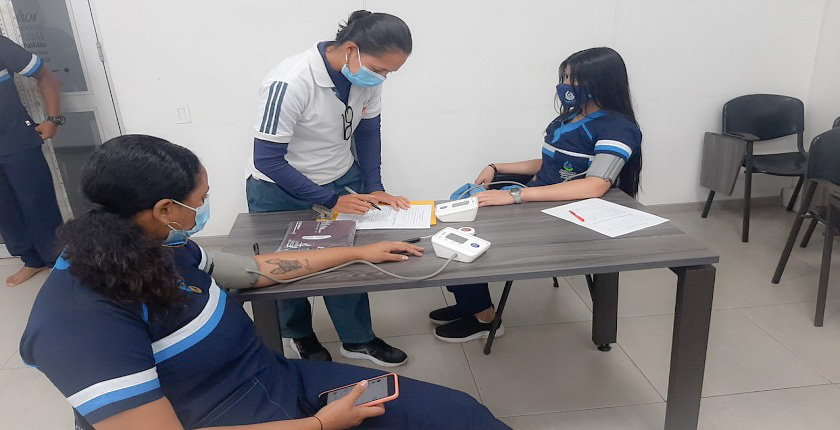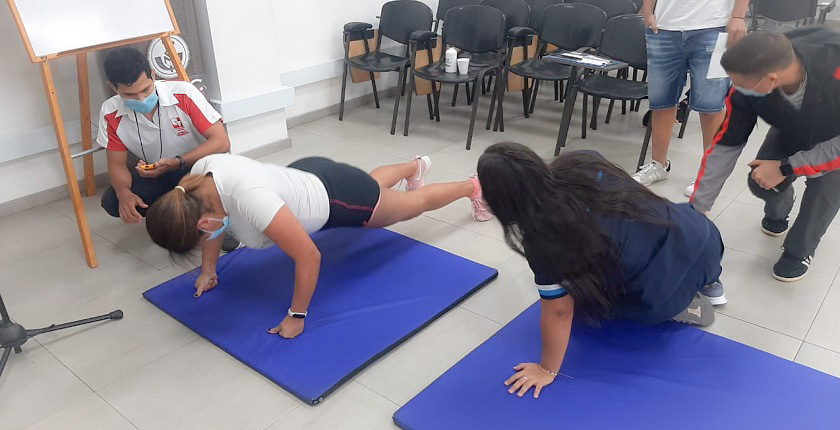Blog
Research with the Universidad del Valle on cardiovascular risk
- 19 octubre, 2021

Taken from the bulletin of the project «Risk Factors Associated with Cardiovascular Diseases in University Students (FRICAUN):» Heart diseases are the main cause of death and disability in industrialized countries due to sedentary lifestyles. Between 1990 and 2020, the WHO estimated an increase in the figures of cerebrovascular disease and mortality between 124% and 107% among men and women in developing countries and a 78% and 56% increase in countries developed (Yusuf S, Reddy S, Ounpuu S, Et al; 2019). The excess caloric intake, the low physical condition caused by a sedentary lifestyle and the genetic predisposition are generators of the early appearance of chronic non-communicable diseases; among them: obesity, type II diabetes mellitus (DM-II), arterial hypertension (HBP) and dyslipidemias (DLP) causing the growing pandemic of cardiovascular mortality and associated morbidities.
University students are not alien to this way of life and in some cases the consumption of alcohol, tobacco, family, academic and work stress are alienated risk factors for the establishment and development of chronic diseases. University students are not alien to this way of life and in some cases the consumption of alcohol, tobacco, family, academic and work stress are alienated risk factors for the establishment and development of chronic diseases. In Latin America and in countries like Colombia there is little information on the conditions, styles, risk behaviors and health status in which young people reach university life. This assertion confirms the importance of conducting more observational studies on students enrolled in the first semesters of different colleges and universities.
The primary objective of this group of researchers is to determine separately and jointly the network of risk factors associated with cardiovascular disease in the population under study, due to the increased morbidity of adolescents and young adults; with the main purpose of designing differentiated programs that counteract the barriers to participation and adherence of young people to student wellness programs.»
This is how the students of the María Cano University Foundation, Cali headquarters, join this project that is shown as an opportunity to consolidate the research training networks between different actors at the national level (teachers, researchers and students) that respond to the axes of teaching, extension and research missions in Colombia that allow the identification of factors and the population at risk of premature development of CVD, with the possibility of designing prevention and approach programs according to the characteristics of the different universities, regions and the classification discriminated against priority public health problems in Colombia.
#MásMaríaCano

